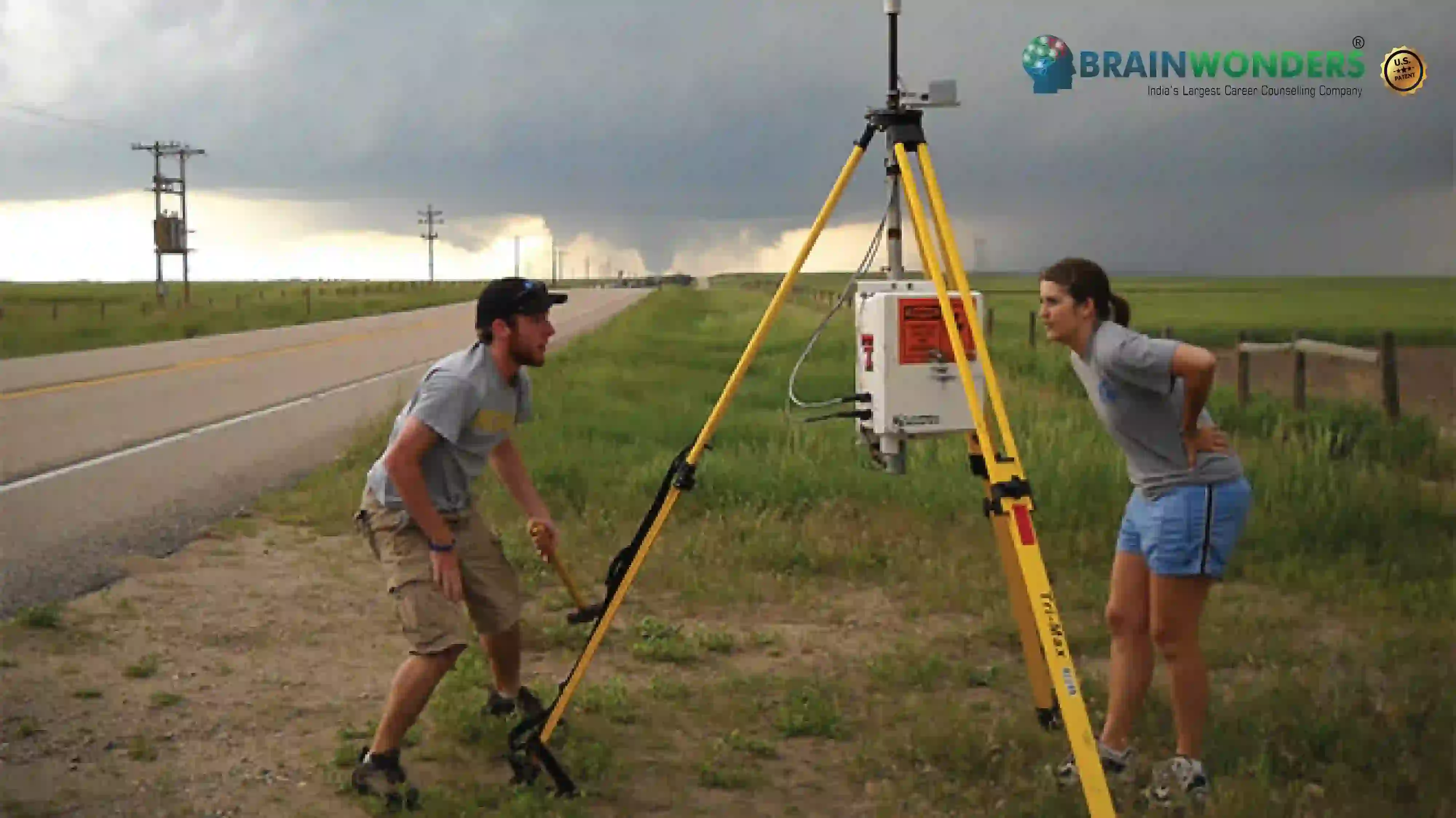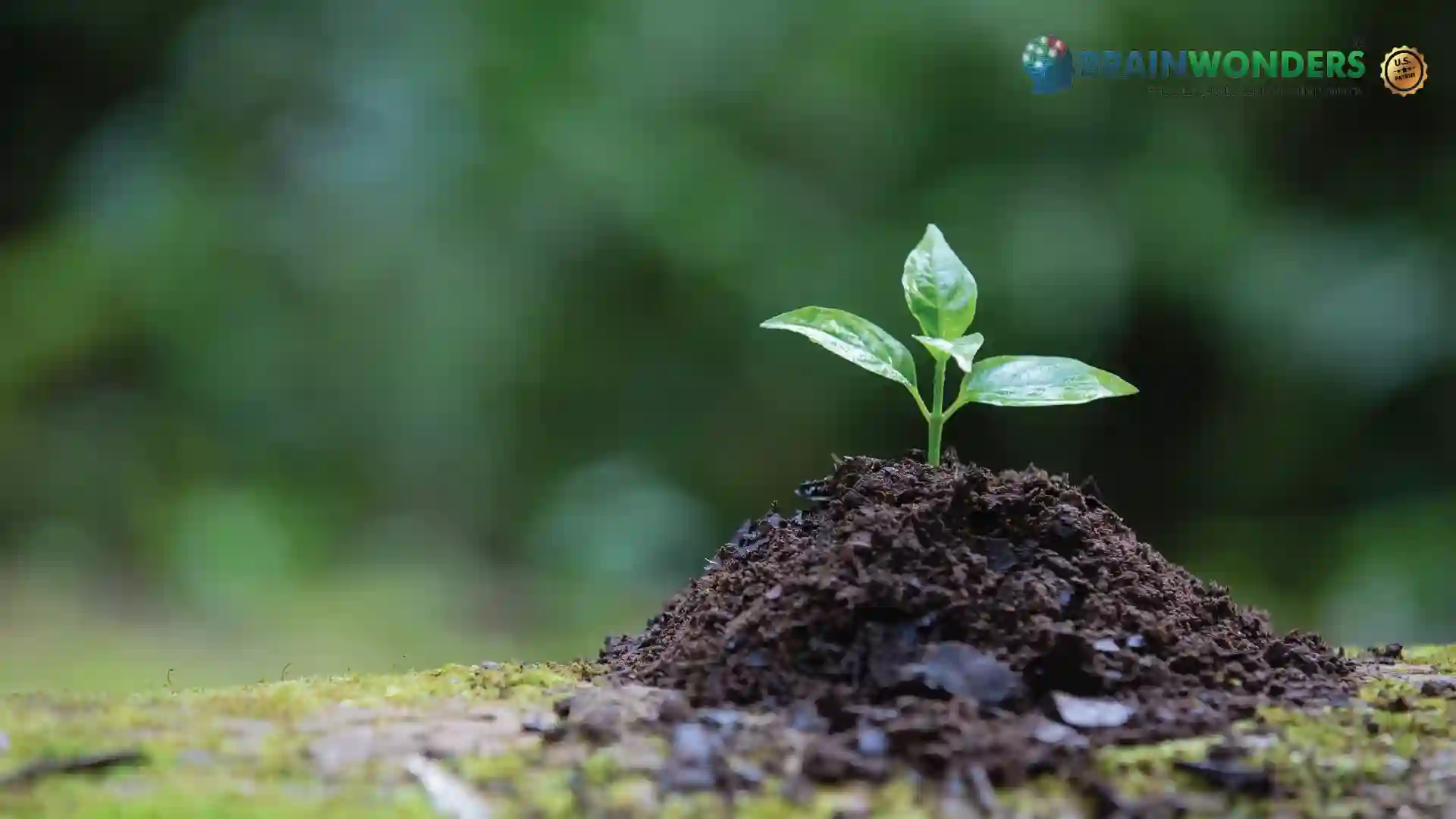How to become a Nature Conservor
Overview, Courses, Exam, Colleges, Pathways, Salary

Overview
Who is Nature Conservor ?
A Nature Conservator is a dedicated professional who works to protect and preserve the natural environment and biodiversity. They are committed stewards of the Earth, striving to conserve ecosystems, wildlife, and natural resources. Nature Conservators collaborate with governments, organizations, and communities to develop and implement sustainable land use, habitat restoration, and species conservation strategies. Their roles encompass field research, data analysis, advocacy, and education to raise awareness about environmental issues and promote responsible practices. By addressing threats such as habitat loss, pollution, and climate change, Nature Conservators play a crucial role in safeguarding the planet's ecological balance for current and future generations.
Typical day at work
What does Nature Conservor do?
- Educate and spread awareness on environmental concerns and how to conserve nature to educational institutes and local community
- Implement and promote biodiversity action plans
- Plan policies for sustainable management based on assessments on environmental impact
- Develop annual ecological surveys management plans and scientific observation
- Assist in casework and selection of, Sites of Special Scientific Interest (SSSIs) and National Nature Reserves (NNRs)
- Promote sustainability through talks, literature, seminars, workshops, etc. to the public
- Recruit, train, and supervise supporting paid staff and volunteers
- Draft grants and funding applications
- Collaborate with media to publicise conservation sites and strategies
- Assist in conservation volunteer activities
- Investigate the effects of agriculture and industry development on fertilizers on soil and river waste
- Advice farmers and landowners on wildlife and habitat preservations on their land
- Advise planners, engineers, and architects on effects of construction development on nature
- Supervise whether individuals, especially in countryside abide environmental regulations
- Communicate findings of environmental studies to other professionals
- Develop and suggest recommendations for landowners for land management, conversation, maintenance, and restoration of environmental conditions
- Recognize short- and long-term effects of environmental remediation activities
- Study environmental impact to inspect the ecological effects of pollutants, disease, human activities, nature, and climate change
- Recognize environmental mitigation alternatives, safeguarding compliance with applicable standards, laws, or regulations
- Collecting, analysing and interpreting data using the information to create solutions to environmental problems
- Examine surveys and samples collected on-site and perform historical research to identify and assess threats to the environment and causes of environmental damages
- Provide information and assistance to government officials, businesses, and the public on possible environmental hazards and health risks.
Abilities and Aptitude needed
What are the skills, abilities & aptitude needed to become Nature Conservor?
Foremost, a nature conserver must have sensitivity and dire commitment to environmental preservation, protection, and repercussions of environmental degradation and pollution. They must have a broad understanding of local, national and global environmental issues. They should also possess interest in subjects such as geography, geology, botany, chemistry and zoology.
They tend to be investigative, intellectual, introspective, and inquisitive individuals. They are curious, methodical, scientific, logical, rational, and analytical. They also need to have observation skills and be detail oriented. This also requires a nature conserver to have perseverance to work for a cause irrespective of monetary returns.
They need physical stamina as they may work on their feet for long periods and be flexible to work in all kinds of environments.
They need to have critical thinking and problem-solving skills to find solutions to complex environmental problems and draw conclusions from experimental results through sound reasoning and judgment.
Nature Conserver should be able to effectively communicate, both verbally and in written, their research processes and findings. They usually work in a research teams and must be a team player, thus, interpersonal and project management skills are necessary. Lastly, they must be able to manage time and prioritize tasks effectively while maintaining the quality of work.
Salary
Salary for Nature Conservor?
- Entry-Level Annual Salary: Entry-level positions for Nature Conservators can expect an annual salary ranging from INR 2,00,000 to INR 4,00,000 or more.
- Experienced Annual Salary: With several years of experience, Nature Conservators can earn an annual salary ranging from INR 4,00,000 to INR 8,00,000 or more.
- Specializations and Expertise: Those with specialized skills such as wildlife management, habitat restoration, or community engagement may command higher salaries.
- Location Influence: Salaries may vary based on geographic location, with metropolitan areas potentially offering higher compensation.
- Employing Organization: Nonprofit organizations, government agencies, research institutes, and consulting firms may have different salary structures.
Pathways
How to become an Nature Conservor?
Entrance Exam
Entrance Exam for Nature Conservor ?
Courses
Which course I can pursue?
Best Colleges
Which are the best colleges to attend to become an Nature Conservor?
Industries
Which Industries are open for Nature Conservor?
Nature Conservators can find opportunities in various industries focusing on environmental conservation, sustainability, and natural resource management. Some of the sectors open to Nature Conservators include:
- Nonprofit Organizations: Many environmental nonprofits and conservation organizations hire Nature Conservators to lead conservation projects, conduct research, and advocate for policies that protect ecosystems and wildlife.
- Government Agencies: Government bodies at local, state, and national levels employ Nature Conservators in roles related to park management, wildlife conservation, forestry, and environmental policy development.
- Wildlife Reserves and Sanctuaries: Nature Conservators work in protected areas, managing habitats, conducting wildlife surveys, and implementing conservation initiatives.
- Environmental Consulting Firms: Consulting firms hire Nature Conservators to provide expertise in environmental impact assessments, land management, and sustainable development.
- Research and Academia: Universities and research institutions offer roles for Nature Conservators focused on ecological research, biodiversity studies, and environmental education.
- Ecotourism and Hospitality: Resorts, lodges, and ecotourism companies employ Nature Conservators to lead educational tours, manage natural areas, and promote responsible tourism.
- Conservation Farming: Nature Conservators contribute to sustainable agriculture practices, agroforestry, and land management on farms prioritizing biodiversity and conservation.
- Forestry and Timber Industry: Some companies in the forestry sector hire Nature Conservators to implement sustainable logging practices and manage forest ecosystems.
- Zoos and Aquariums: These institutions often employ Nature Conservators for wildlife conservation programs, education, and captive breeding efforts.
- Climate Change and Renewable Energy: Nature Conservators may work in industries focused on renewable energy development, carbon offset projects, and climate change mitigation.
- Corporate Sustainability: Some businesses hire Nature Conservators to guide sustainability initiatives, green business practices, and environmental compliance.
- Watershed Management: Nature Conservators protect water sources, manage watersheds, and ensure water quality and availability.
- Habitat Restoration Organizations: Organizations dedicated to restoring degraded ecosystems hire Nature Conservators for habitat rehabilitation and enhancement projects.
- Urban Planning and Land Development: Nature Conservators contribute to sustainable urban planning, green infrastructure development, and preserving natural spaces in urban environments.
- Conservation Education and Outreach: Museums, nature centers, and educational institutions employ Nature Conservators to develop and deliver conservation education programs.
internship
Are there internships available for Nature Conservor?
-
Conservation Organizations:
- Non-profit organizations, such as WWF-India and The Nature Conservancy, often offer internships to assist in conservation projects, research, and community engagement.
-
Wildlife Reserves and National Parks:
- Wildlife reserves and national parks might have internship programs for individuals interested in wildlife conservation, habitat restoration, and biodiversity monitoring.
-
Environmental Research Institutes:
- Institutes focused on environmental research may offer internships in areas like ecological studies, climate change research, and wildlife surveys.
-
Government Agencies:
- Government departments responsible for forestry, environment, and wildlife often provide internships for hands-on experience in conservation policies and projects.
-
NGOs and Community Initiatives:
- Local NGOs and community-led initiatives might offer internships in sustainable agriculture, community-based conservation, and environmental education.
-
Botanical Gardens and Arboretums:
- Botanical gardens offer internships to learn about plant conservation, horticulture, and botanical research.
-
Zoological Parks and Conservation Centers:
- Zoos and conservation centers may offer internships focused on captive animal management, conservation education, and research.
-
Wildlife Rehabilitation Centers:
- Wildlife rehabilitation centers provide internships for individuals interested in animal care, rehabilitation, and release.
-
Agroforestry Projects:
- Agroforestry initiatives offer internships in sustainable farming practices that integrate trees and crops for environmental benefits.
-
Marine Conservation Organizations:
- Organizations focused on marine conservation offer internships related to coastal ecosystem protection, marine life research, and ocean health.
-
Ecotourism and Sustainable Travel Companies:
- Companies promoting eco-friendly tourism may have internships to learn about responsible travel practices and conservation efforts.
-
Educational Institutions and Research Centers:
- Universities and research institutes might offer internships in conservation-related research projects and field studies.
Career outlook
What does the future look like for Nature Conservor?
Many nature conservers often work on teams with scientists, geoscientists, hydrologists, engineers, and technicians to work on complex problems related to environmental degradation, public health, manage the clean-up of contaminated soils and ground water.
Conservers who work either for state or local government spend a lot of time inspecting businesses and public places; investigating complaints related to air and water quality, and food safety; enforce environmental regulations; issuing fines or close establishments that violate environmental or health regulations.
In private consulting firms, utilities companies, and consultancies where nature conservers help clients monitor and manage the environment; comply with regulations; develop clean-up plans for contaminated sites; suggest ways to reduce, control, or eliminate pollution; and conduct feasibility studies for new construction projects.
Fieldwork offers a variety of settings in all types of weather. They spend most of their time on their feet which can be physically demanding. They may have to travel to meet with clients or visit sites.
There are opportunities in working at, nature reserves, national or country parks to employ nature conservation officers.







